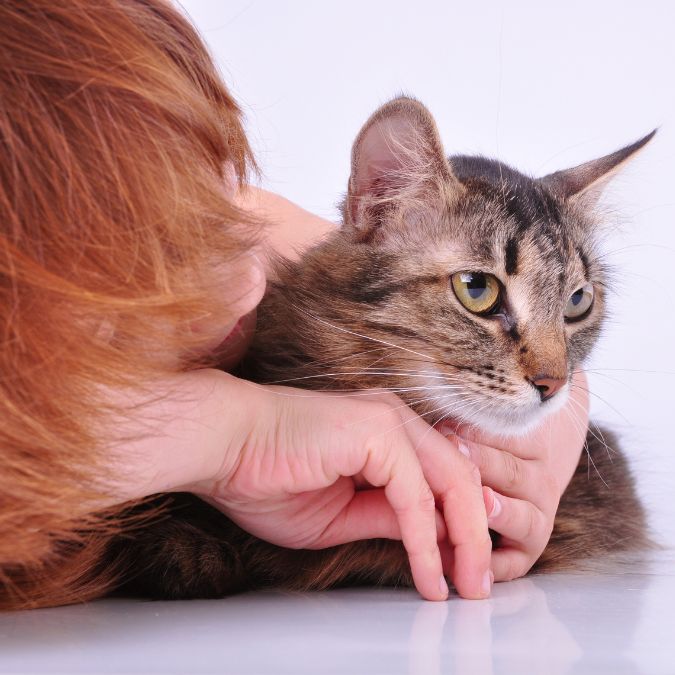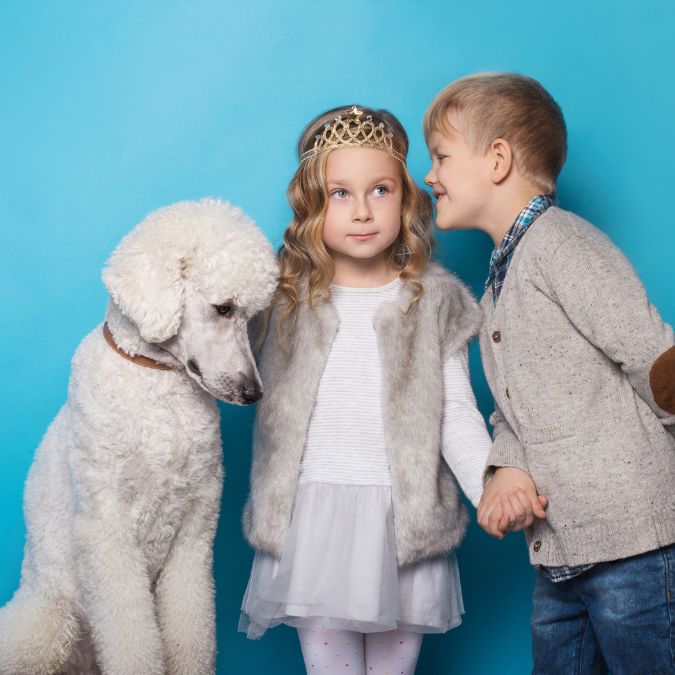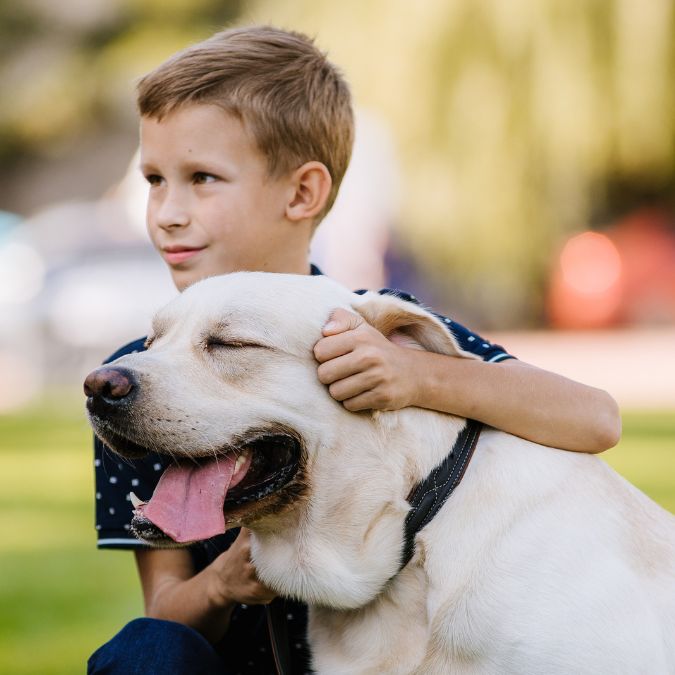
Ever noticed how just being around a furry friend can make you feel better? There’s a lot more to those wagging tails and purring companions than meets the eye. Animals have a unique and powerful way of healing us psychologically, which is why pet therapy is becoming more popular by the day.
From reducing stress to boosting our mood, our animal pals are like walking, barking (or meowing) bundles of therapeutic magic. Let’s explore the twelve compelling reasons why these animals are not just pets but healers.
1. Unconditional Love

Animals offer a type of unconditional love that is often hard to find. Whether you’re feeling down or joyful, your pet is there with the same affectionate gaze and enthusiastic greeting. This consistent acceptance and love from an animal can be incredibly soothing, reinforcing feelings of self-worth and positivity.
2. Stress Reduction

Petting a dog or cat can actually lower your blood pressure and reduce stress hormones. The rhythmic act of stroking fur helps release oxytocin, the “feel-good” hormone, which can be both soothing and comforting. Many workplaces and universities now host pet therapy sessions to help alleviate stress among employees and students.
3. Encourages Exercise

Pets can promote an active lifestyle, especially in the case of dog owners. Walking a dog daily gets you outside and moving, which is not only good for physical health but also for mental well-being. Regular exercise is known to help reduce depression and anxiety symptoms.
4. Social Interaction

Pets can be great icebreakers and can enhance social connectivity. Dog parks and pet-friendly events can open up new avenues for socializing with others who share common interests. For those who struggle with social anxiety, pets can provide a non-threatening way to engage with others.
5. Provides Routine

Having a pet requires a routine of feeding, grooming, and exercise, which can help provide structure and purpose to one’s day. This can be particularly beneficial for individuals facing mental health challenges, as a consistent routine aids in managing unpredictability and stress.
6. Sensory Stress Relief

Engaging with a pet can engage the senses—touch, sight, and sound—which can be grounding. The soft texture of an animal’s fur, the soothing sounds of a cat’s purr, or the visual pleasure of watching fish swim can provide sensory relief that calms the mind.
7. Eases Loneliness

In an era where loneliness is increasingly recognized as a public health issue, pets can play a crucial role in providing companionship. They fill a space that might otherwise be filled with solitude, especially for those living alone or isolated from family and friends.
8. Helps with Emotional Expression

Pets require communication, and people often find themselves talking to their animals. This can help individuals express their feelings in a safe space, where they are unlikely to be judged or criticized, fostering emotional release and healing.
9. Boosts Dopamine Levels

Playing with a pet can increase dopamine and serotonin levels in your brain, chemicals associated with pleasure and tranquility. This chemical boost can help bring joy and reduce feelings of depression.
10. Reduces Anxiety

Therapy animals are particularly effective at reducing anxiety in clinical settings, such as hospitals and dental offices. Patients who interact with animals before treatment report lower levels of anxiety and discomfort, leading to better overall experiences.
11. Helps Children Develop

Children who grow up with pets learn responsibility, empathy, and compassion. These emotional skills are crucial in building their character and psychological health. Moreover, children with pets often have higher self-esteem.
12. Assists in Therapy Sessions

Animals are now being incorporated into psychological therapy sessions to assist in treatment. They can help therapists connect with patients, making them feel more comfortable and open during sessions. The presence of an animal can make the therapeutic process more engaging and effective.
Is It Time to Get a Pet?

As we continue to explore the various avenues for mental health improvement, the role of pets in psychological healing remains a bright and promising path. Whether it’s through lowering stress, encouraging exercise, or providing companionship, animals have a profound ability to facilitate psychological healing in ways that are gentle yet impactful. As we move forward, embracing the power of pet therapy can be key to creating a healthier, more emotionally resilient society.
Read More
12 Animal Training Techniques That Are Now Considered Inhumane by Experts
How to Teach Your Children to Raise Their Own Pets

Vanessa Bermudez is a content writer with over eight years of experience crafting compelling content across a diverse range of niches. Throughout her career, she has tackled an array of subjects, from technology and finance to entertainment and lifestyle.
In her spare time, she enjoys spending time with her husband and two kids. She’s also a proud fur mom to four gentle giant dogs.
